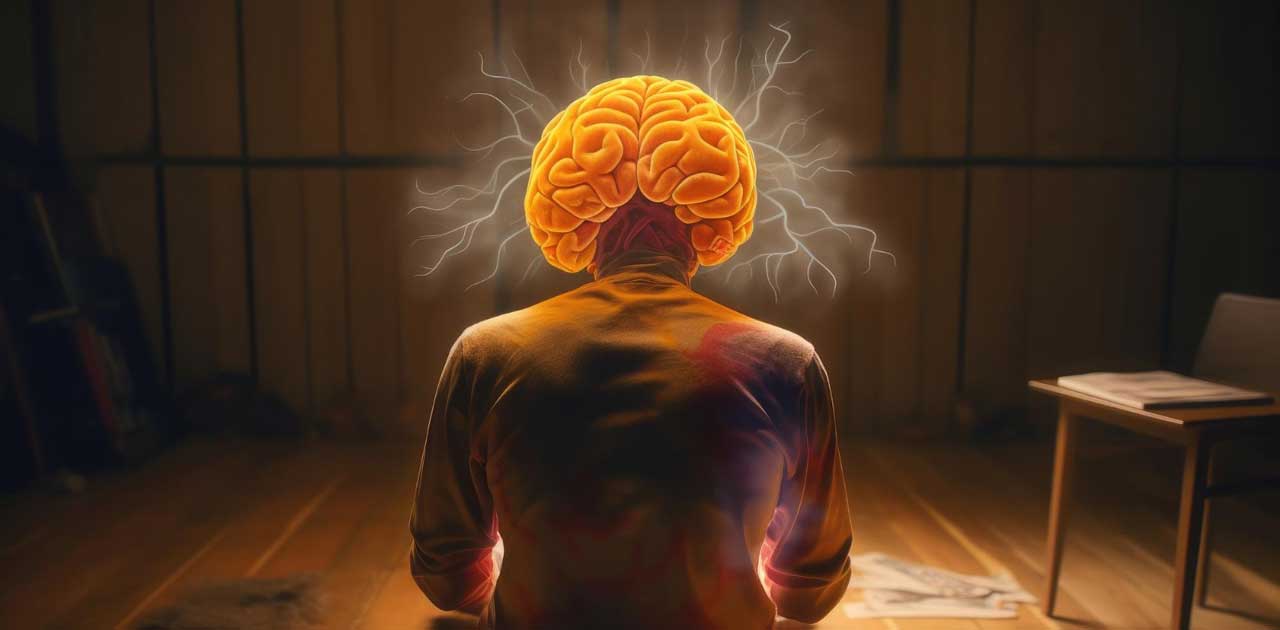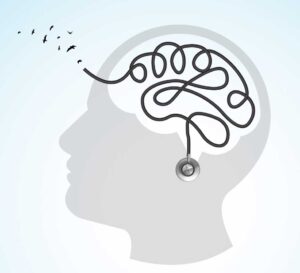 Hello, friends!
Hello, friends!
Have you ever noticed that some people have strange kind of behavior issues like emotional instability, abnormal patterns of thinking, impulsive behavior, and intense but unstable relationships with others?
Well, we can say that these kinds of behaviors might be an indication of some kind of mental health disorder. In human Psychology, there is a mental health disorder named Borderline Personality Disorder (BPD).
But many of you might be wondering, “What exactly is BPD?”
But don’t worry, after reading this blog post, you’ll have a good understanding of what BPD is, how to identify it, and how to deal with it.

Borderline Personality Disorder is a mental health disorder that impacts the way you think and feel about yourself and others, causing problems functioning in everyday life. It includes self-image issues, difficulty managing emotions and behavior, and a pattern of unstable relationships.
People with BPD tend to be extremely sensitive. Some describe it as having an exposed nerve ending. Small things can trigger intense reactions. And once upset, you have trouble calming down. It’s easy to understand how this emotional volatility and inability to self-soothe leads to relationship turmoil and impulsive—even reckless—behavior.
What are the symptoms of Borderline Personality Disorder?

- A pattern of severe mood changes over hours or days
- Extreme anger and problems controlling anger
- Strong, up-and-down relationships with family and friends that can go quickly from very close to anger and hatred
- Extreme fear of and reactions to abandonment, and extreme behaviors to avoid abandonment
- A rapidly changing sense of self that can cause sudden changes in goals, values, or behaviors
- Feeling disconnected from themselves, their body, or reality, or having paranoid thoughts
- Ongoing feelings of emptiness
- Self-destructive behaviors, such as substance use or misuse, binge eating, unsafe sex with multiple partners, unsafe driving, reckless spending, etc.
- Suicide attempts or self-harming behavior, such as cutting, hair pulling, burning, etc.
Unfortunately, there’s no way to prevent Borderline Personality Disorder. BPD historically has been challenging to treat. But with newer, evidence-based treatment, many people with Borderline Personality Disorder experience fewer and less severe symptoms, improved functioning, and better quality of life. But effective treatment takes time, patience, and commitment. Treatment may include psychotherapy (talk therapy), medications, or both.

Your healthcare provider may recommend a short-term hospital stay if you’re very distressed or at risk of harming yourself or others. During your stay, your healthcare provider will work with you to develop a treatment plan.
FACTORS THAT CAUSE BORDERLINE PERSONALITY DISORDER:
- Childhood abuse and trauma: Up to 70% of people with BPD have experienced sexual, emotional, or physical abuse as a child. Maternal separation, poor maternal attachment, inappropriate family boundaries, and parental substance use disorder are also associated with BPD.
- Genetics: Studies show that Borderline Personality Disorder runs in families. If you have a family history of BPD, you’re more likely — but not guaranteed — to develop the condition.
- Brain changes: In people with BPD, the parts of their brain that control emotion and behavior don’t communicate properly. These problems affect the way their brain works.
 If you or someone you know is struggling with Borderline Personality Disorder, especially in the case of a child, caring for their mental well-being is the urgent need of the hour.
If you or someone you know is struggling with Borderline Personality Disorder, especially in the case of a child, caring for their mental well-being is the urgent need of the hour.
In these challenging situations, the Islaah Center for Psychological Wellness is here to provide the support and assistance your child needs. You can connect with them through the website and numbers. Their commitment is to enhance the mental health of children and teenagers, helping them navigate the complexities of their emotional well-being with expert care and guidance.
https://islaahwellness.com/contact-us/ or 99083 55722 / 70755 16022
Remember, it’s okay to not be okay, and seeking help is a sign of strength, not weakness.
